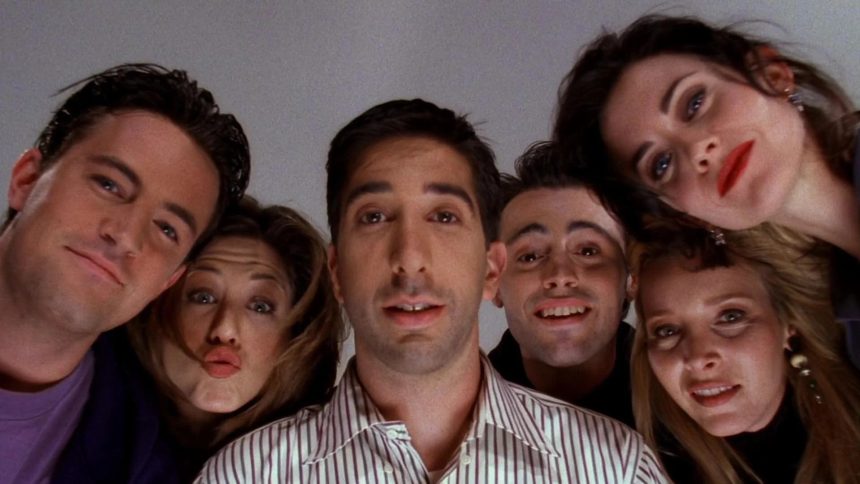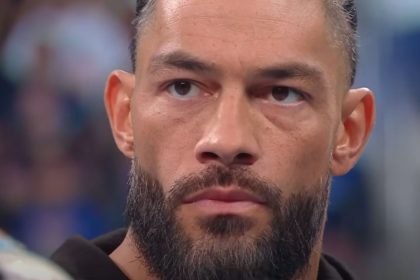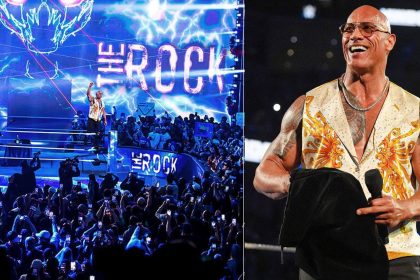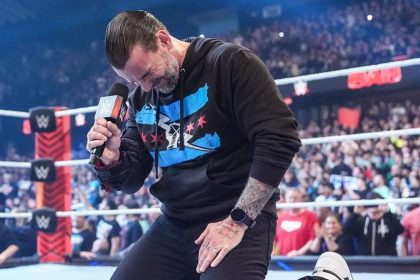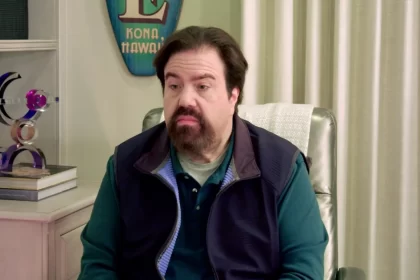NBC’s “Friends” remains a cultural juggernaut, surpassing many sitcoms in longevity and influence.
Even years after its emotional finale, the show maintains a strong presence in pop culture, fueled by a dedicated fanbase.
Memes, references, and iconic moments like Rachel’s haircut or Joey’s pickup line have ingrained themselves in global culture.
Despite its ongoing relevance, highlighted by the 2021 reunion, revisiting “Friends” today reveals its struggle to remain engaging.
The Enduring Legacy of “Friends”:
While immensely popular during its original run, “Friends” struggles with its outdated humor and problematic content.
Dependence on the charm of its cast becomes essential to overlook insensitive remarks and repetitive tropes.
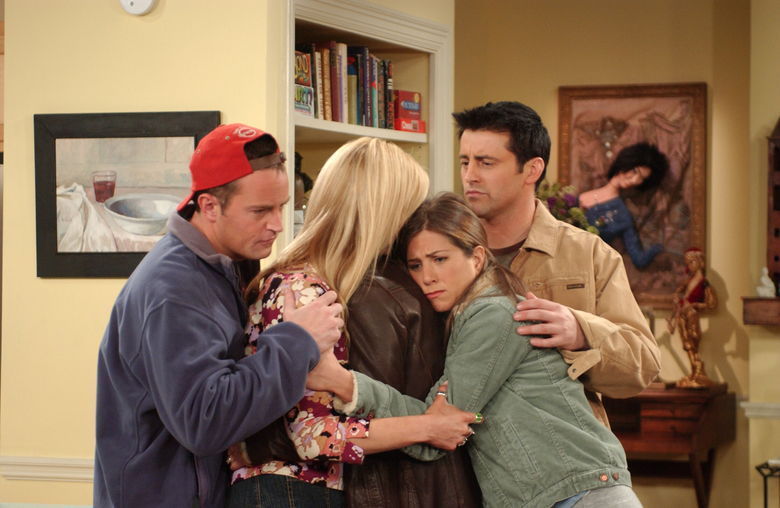
Instances of fat-shaming Monica and Joey’s overly masculine portrayal now feel jarring, despite some progressive storylines like Monica and Chandler’s journey with surrogacy.
Regressive Themes That Effected The Show:
The show’s attempts at humor often fall flat in today’s context, overshadowed by regressive undertones. Ross’s difficulty accepting his ex-wife’s sexuality and Chandler’s gay jokes exemplify this.
Despite moments of progressiveness, “Friends” feels trapped in its era, hindered by outdated ideas that clash with contemporary sensibilities.
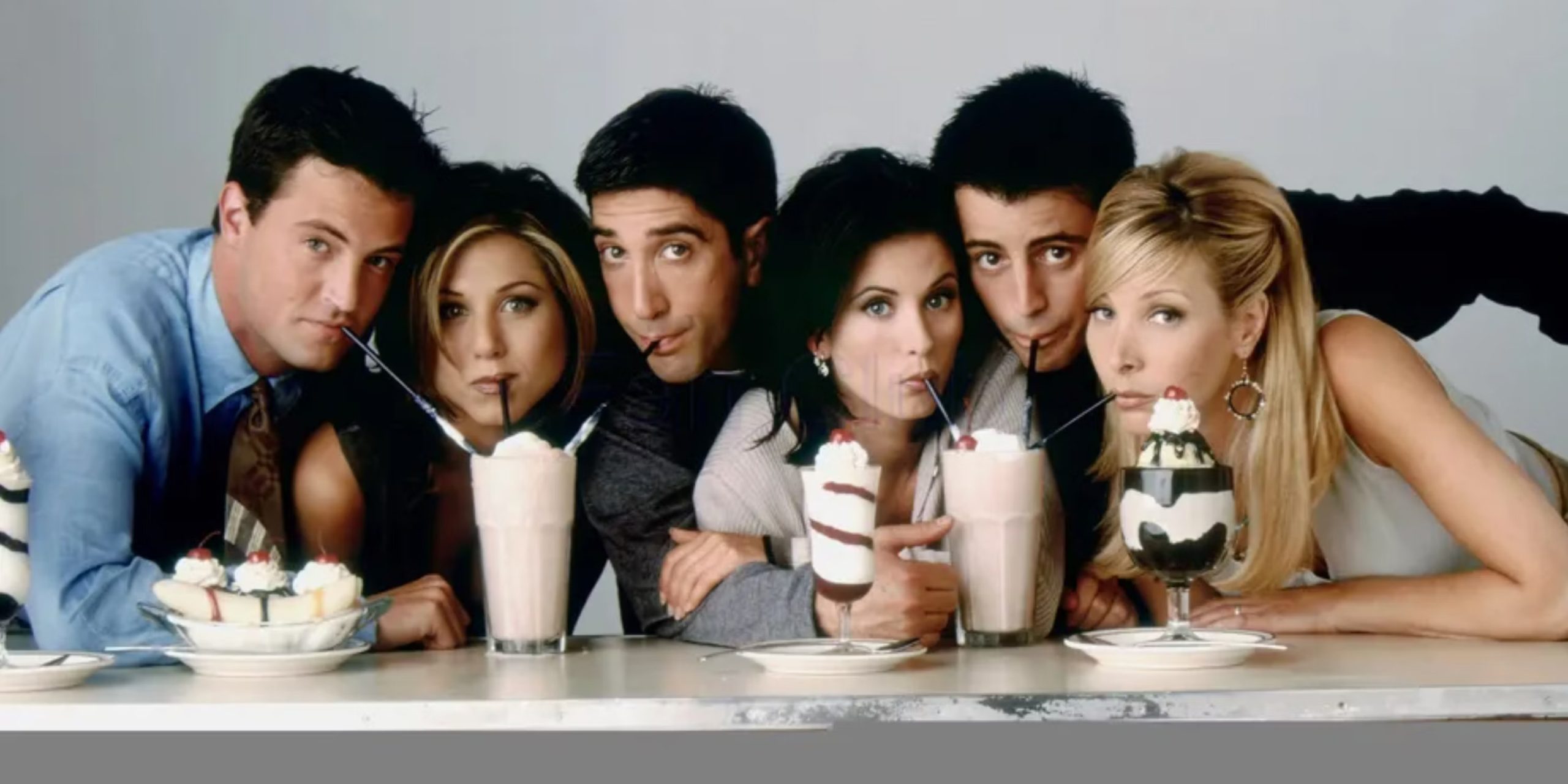
While “Friends” endures as a cultural phenomenon, its flaws become increasingly apparent with time.
Sailing across its problematic elements can make it a challenging watch for modern audiences, highlighting the shifting standards of humor and representation in media.
The Legacy of “Friends”:
When it comes to television classics, few shows can rival the cultural impact of “Friends.”
From its unforgettable ensemble cast to iconic catchphrases like Joey’s “How you doing?” the series has left an indelible mark on pop culture.
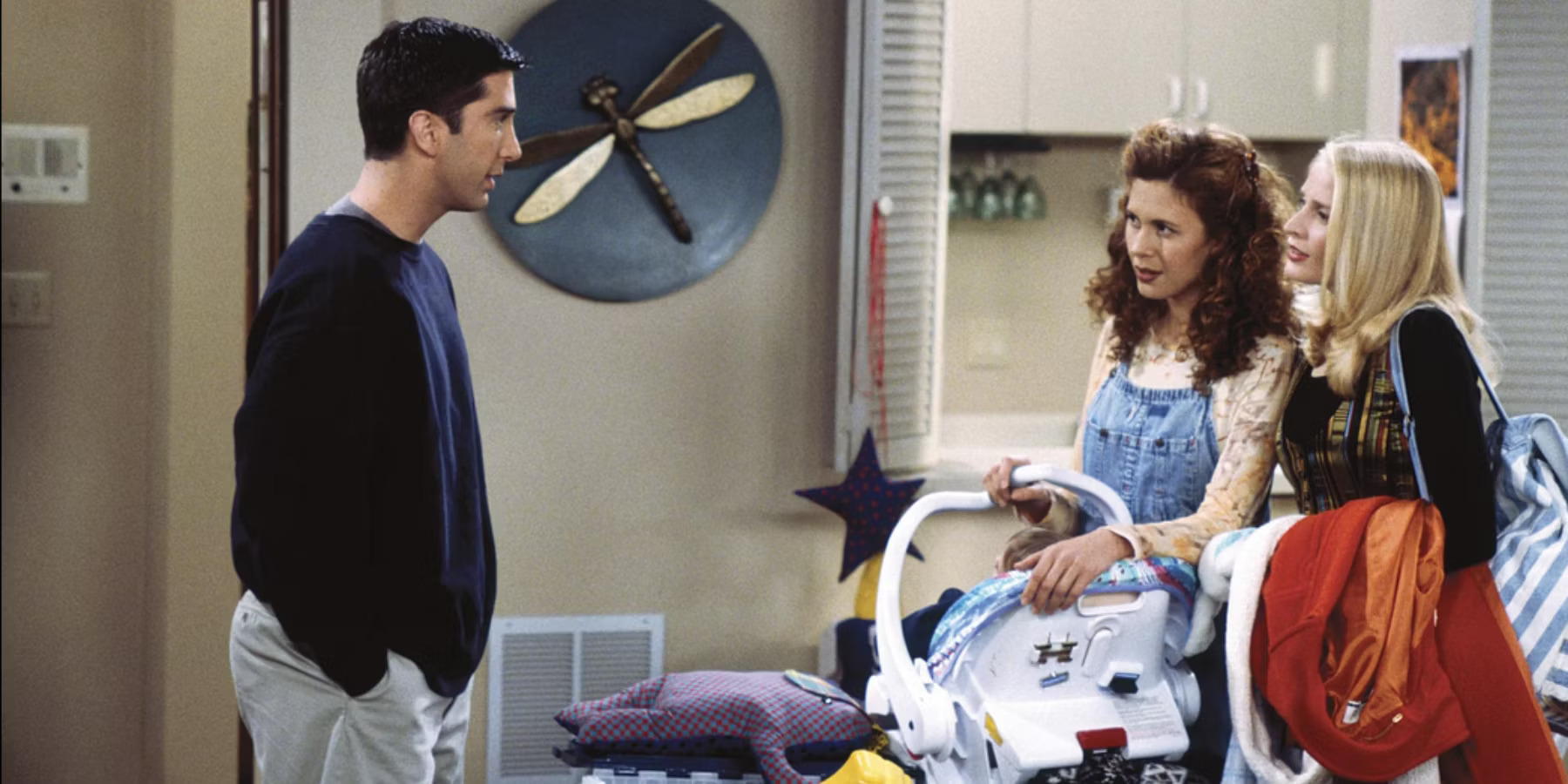
Yet, beneath its surface charm lies a host of problematic issues, particularly in its treatment of gender and sexuality.
Misgendering and Transphobia – Problematic Portrayals:
While “Friends” brought laughter to millions, it also perpetuated harmful stereotypes. Characters like Joey, with his constant objectification of women, and Chandler, the butt of homophobic jokes, reflect outdated attitudes towards masculinity.
Even Ross, the most educated of the group, struggles to accept his ex-wife’s sexuality, highlighting the show’s regressive views. One of the show’s most egregious missteps is its treatment of Chandler’s father, who is transgender.
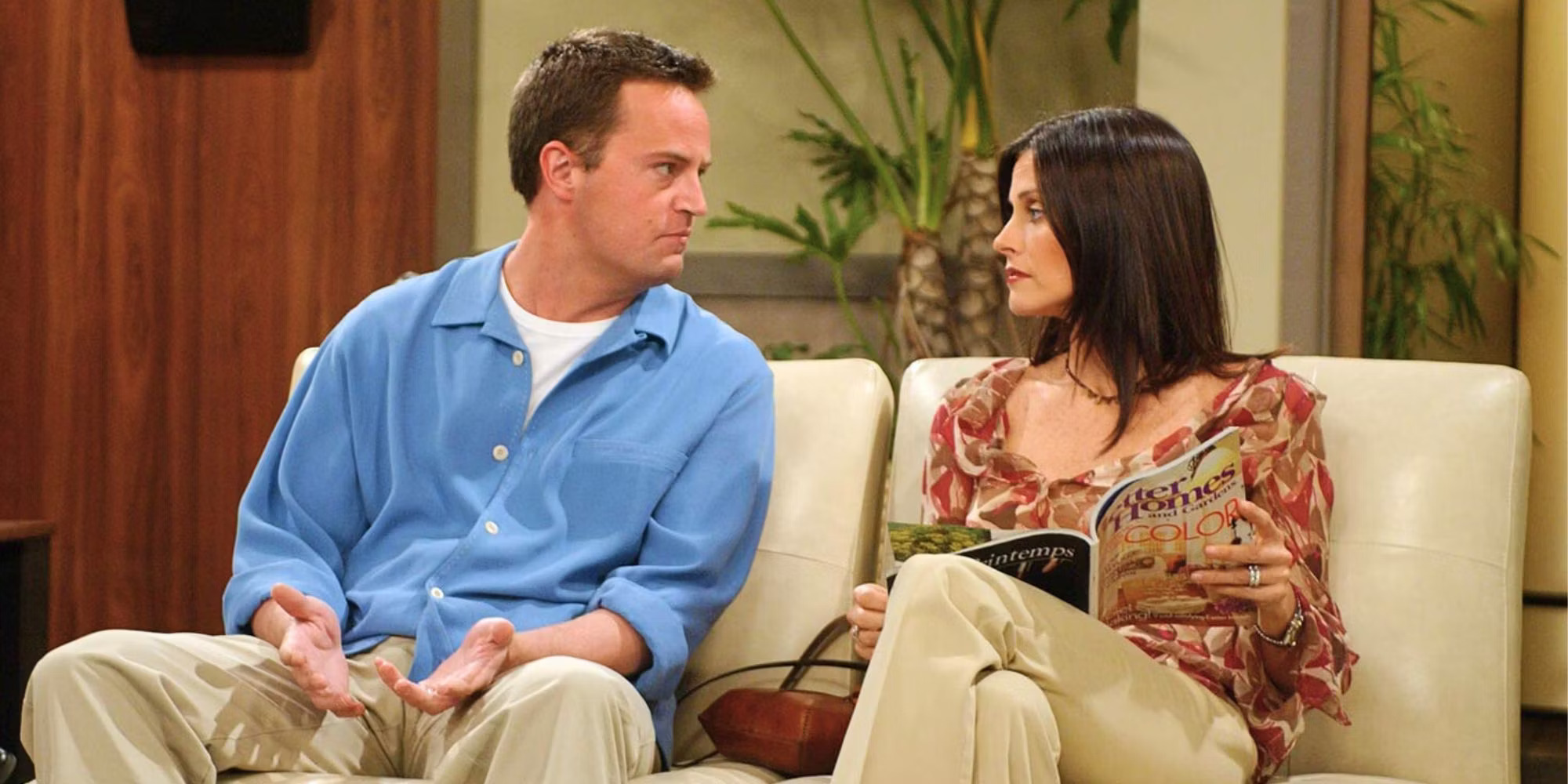
Repeatedly misgendered and subjected to transphobic jokes, the character’s portrayal is a glaring example of the show’s insensitivity.
Casting a cisgender woman in the role only compounds the issue, failing to provide authentic representation.
Lack of Diversity in the “Family”:
Despite its New York City setting, “Friends” notably lacks variety in its cast and characters.
While efforts were made, such as Aisha Tyler’s recurring role, the show falls short in representing the city’s multicultural reality. David Schwimmer’s acknowledgment of this deficiency underscores the need for greater inclusivity in media.
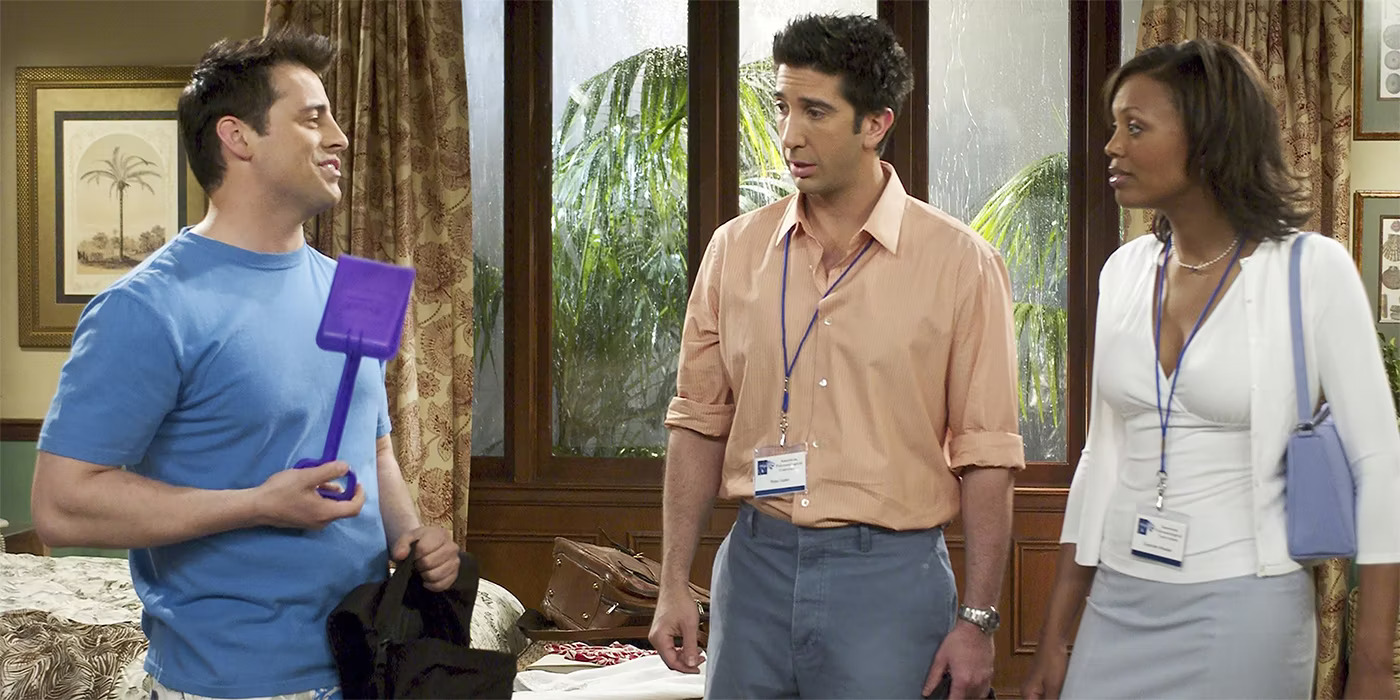
The show reinforces traditional gender roles, with Monica’s domesticity contrasted against Ross’s intellectual pursuits.
Ross’s discomfort with his son’s non-conforming interests reflects a narrow view of masculinity. Even interactions with a male nanny highlight outdated stereotypes about caregiving and sensitivity.
A Legacy Marred by Missteps:
For all its cultural impact, “Friends” is not without its flaws. From sexism to belittling intelligence, the show’s legacy is tarnished by its problematic elements.
While some cast and crew have acknowledged these issues, it remains to be seen if such acknowledgments can outweigh the harm perpetuated by the show.
Facing the Critique:
As audiences revisit “Friends,” questions arise about its enduring relevance. While nostalgia may initially draw viewers in, its problematic themes may prove difficult to overlook.
The show’s legacy is a complex one, prompting reflection on the intersection of entertainment and social responsibility.
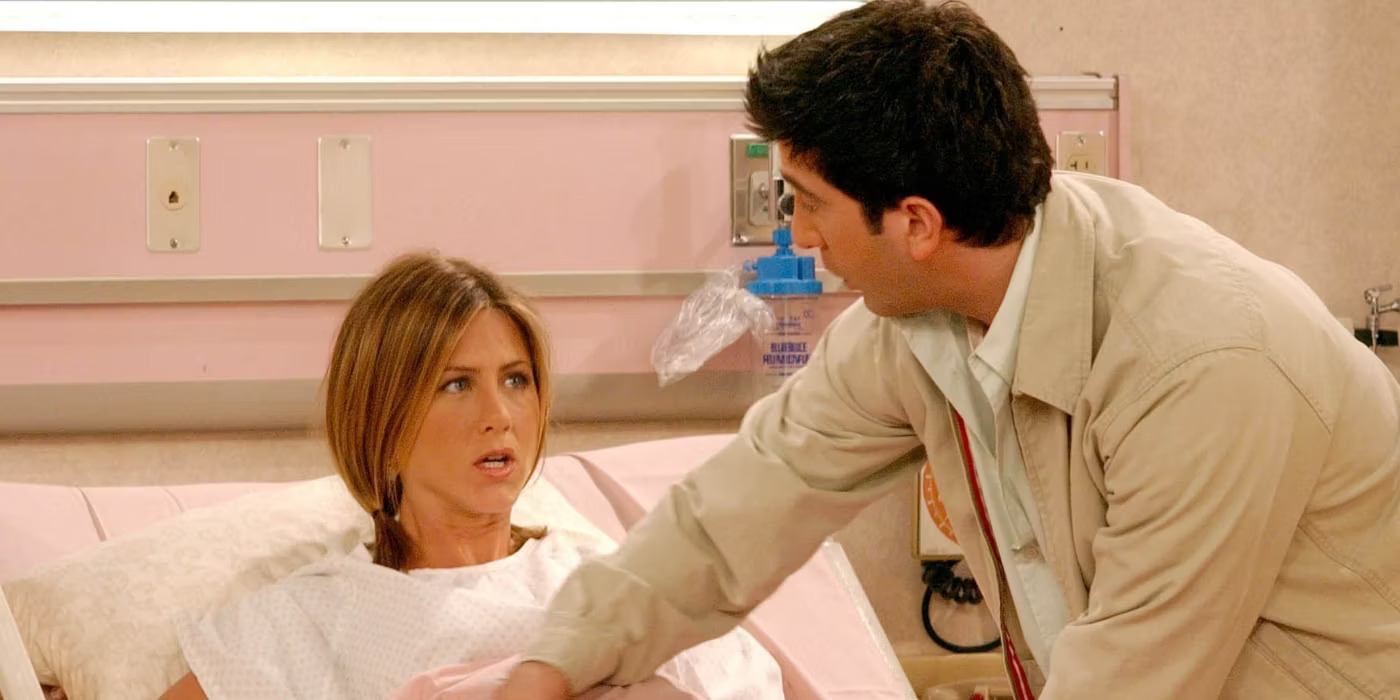
“Friends” remains a cultural touchstone, but its legacy is fraught with controversy. As society evolves, so too must our approach to media.
Whether the show can weather the critique and maintain its place in popular culture remains to be seen. In the end, perhaps it’s time to ask: “Could ‘Friends’ be any more difficult to watch?”

